
For all the forgetters Ill never forget.
Copyright 2009 by Lynn Brunelle
All rights reserved. No part of this book may be reproduced in any form without written permission from the publisher.
ISBN 978-1-4521-3164-1
The Library of Congress has cataloged the print edition as follows:
Brunelle, Lynn.
Why did I buy this book? : over 500 puzzlers, teasers, and challenges to boost your brainpower / by Lynn Brunelle.
p. cm.
ISBN 978-0-8118-6686-6
1. Puzzles. I. Title
GV1493.B697 2009
793.73dc22
2008038467
Designed by Jennifer Tolo Pierce
Typesetting by Janis Reed
Illustrations by Lynn Brunelle
Chronicle Books LLC
680 Second Street
San Francisco, CA 94107
www.chroniclebooks.com
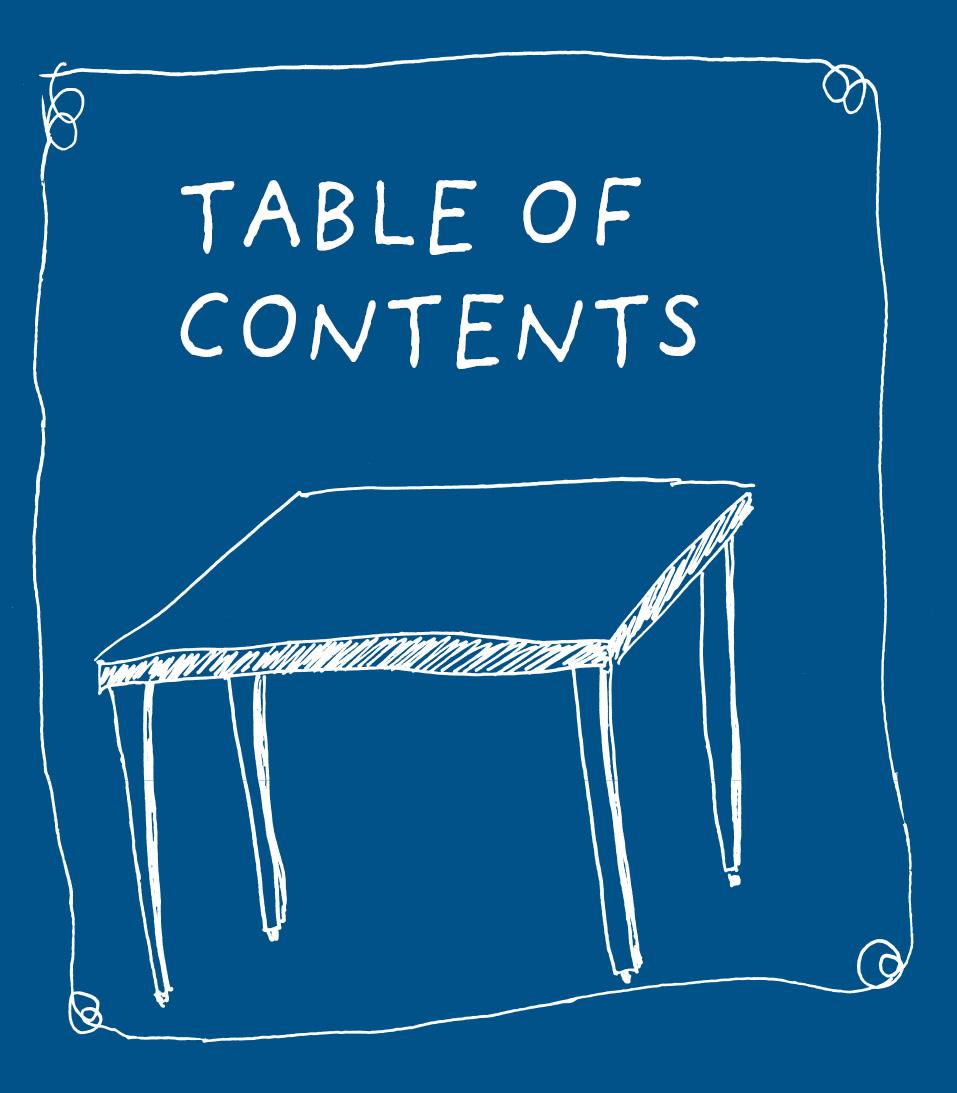
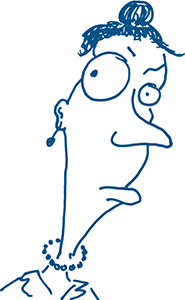
|
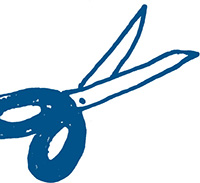
|
THATS A DIFFERENT WAY
TO LOOK AT IT |
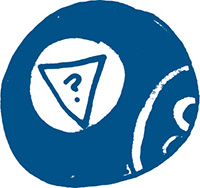
|
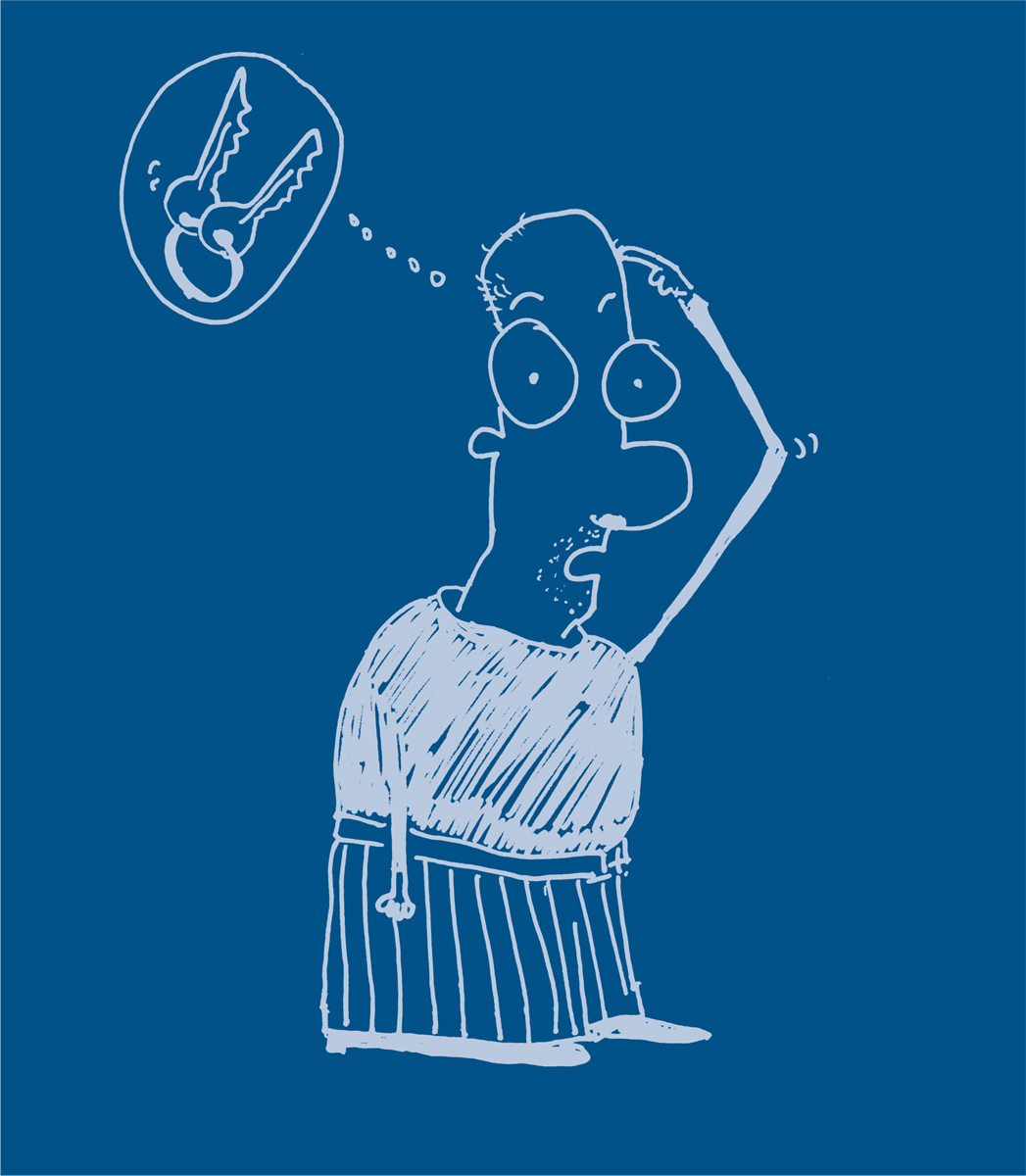
Foreword
By Ira Flatow
Host of Science Friday
Decades before all the current research about the brain and memory, my dad Sam said that if you wanted to stay sharp you needed to exercise your brain. He drilled that message into my brain countless times. What he didnt know is why the brain can be helped by exercise. Today, we know better.
Our brains are made of a hundred billion nerve cells. Each of these nerve cells is networked to tens of thousands of others. We used to think that the neurons we were born with were all the brain cells we were ever going to get. So, if the neurons were damaged by stroke or trauma to the head, you would never be able to regain the functions they served, such as speaking or walking.
Today, we know thats not true. We know that our brain is very plastic and pliable; it has the ability to regain functions it might have lost. People whose speech is impaired by stroke lose some functioning in their arms or legs, but are able to regain those functions from exercise. Healthy parts of a damaged brain are even able to help take over functions of the damaged part. And most importantly, we know that the brain can grow new nerve cells. Stem cells are able to grow into functioning neurons.
What all this means is that the brain can rewire itself for learning and memory, too. Experiments with laboratory animals show that when they learn a new task, they strengthen the synapsesthe connections between the brain cells. And now, with the exercises in this book, youll be able to remember why you bought it in the first place.
Introduction
Admit it.
Its happened to you.
You park the car and you cant remember where the heck you left it. You lose your keys for the umpteenth time. That guy in accounting always says Hi and you have no idea what his name iseven though you have been introduced a half dozen times. Your daughter tells a funny story about how you were covered with cake on her tenth birthday party. Obviously you were there, but what the heck is she talking about?
It happens to the best of us. Its called getting oldera process that starts as soon as we emerge into the world. But those fuzzy little moments of not feeling like the sharp tack as we used to is something that starts to bug us when we reach, oh, a certain age.
Movie titles, book characters, historical events, simple math: All these things seem stowed somewhere ultrasecret or completely erased from your hard drive.
But not to worry. Help is here!
If youve ever had a brainblank (and who hasnt), Why Did I Buy This Book? Over 500 Puzzlers, Teasers, and Challenges to Boost Your Brainpower has your name written all over it.
The latest neuroscience research shows that the idea of use it or lose it is exactly the ticket when it comes to keeping your brain sharp. Makes sense when you think about it. If you eat donuts and watch TV all day, chances are you are more than a mere shadow of your former physical self. You have to eat right and exercise your body to remain fit, right? Same with your brain. You gotta give your wits a workout.
Puzzles are terrific ways to keep those mental muscles moving and cerebral sparks flying. They spruce up your abilities to reason, analyze, sequence, deduce, think logically, and problem-solve.
This isnt your moms sudoku. Its a compilation of word games, visual spatial challenges, bad puns, trips down memory lane, logic puzzlers, and memory boosters. With several levels of difficulties and themes, your hard drive will be cleaned up and spinning right along before you know it.
So why did you buy this book? Dive on in, flip through, find a challenge that looks like fun and take it. It wont be long before you remember exactly why.
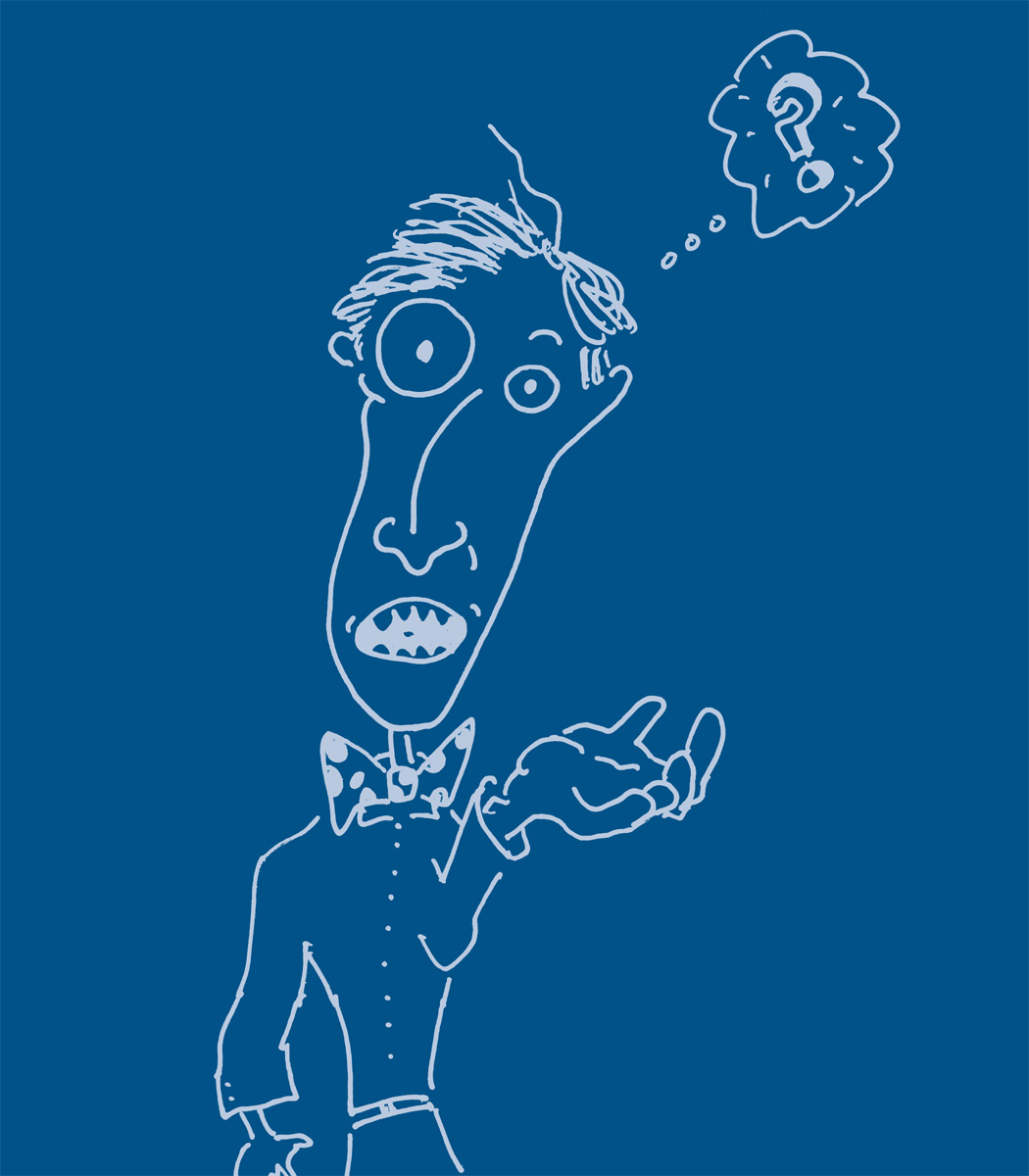
Chapter One:
WHAT WAS THAT WORD AGAIN?
You dont have to be an aging English major to have fun and benefit from these puzzles. Wordplay and vocabulary games are terrific ways to stimulate your brain and make connectionskeeping it supple and fit.
Language itself is one of the first complex journeys our brains take when were born. From the get-go our brains absorb and process the construction of language. So it makes a lot of sense that exercising these skills is a great way to keep your brain sharp. These puzzles will challenge you to think about complex ideas and word associations and will keep your brain busy maintaining old pathways and creating a few new ones along the way.
See if those crossword puzzles, games of Scrabble, and constant book-reading did the trick for your powers of definition. Get your pun-maker in gear and sort out the homophones. And tap into your inner Seuss-Frost- Eliot-Dickinson-Angelou and try your rhyming skills in Hink-Pinks.

WordsDefinitions
Are these words familiar to you? If you dont know them on sight, try to figure out what they mean based on word root.
 answers on
answers on
1. GOUACHE
A. an Eastern European stew
B. a method of painting
C. a medical term for false pain
2. BIVALVE
A. a mollusk in a hinged shell
B. a hot and cold water faucet
C. a cows heart
3. PILOT
A. the final episode in a TV series
B. an electric switch
C. a ships helmsman
4. BILGE
A. discarded, rotting produce
B. an offensive burp



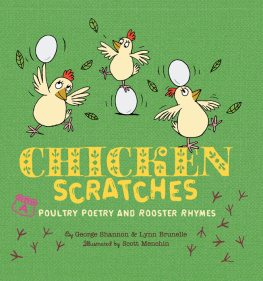
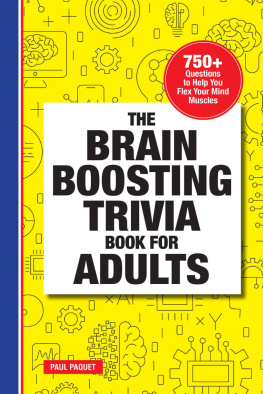
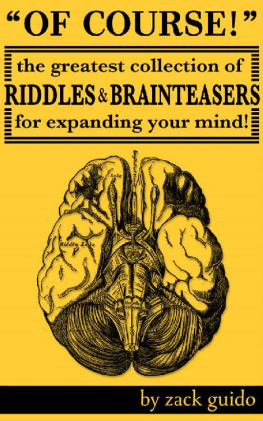
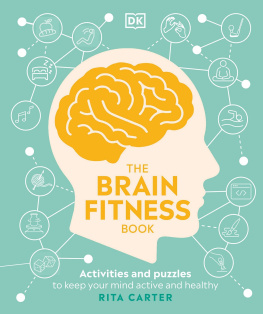
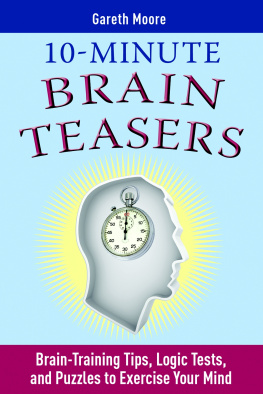
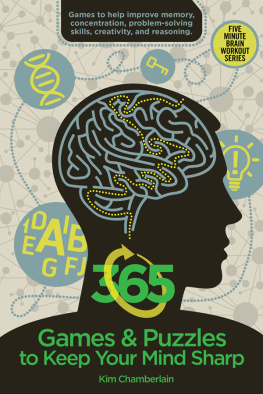
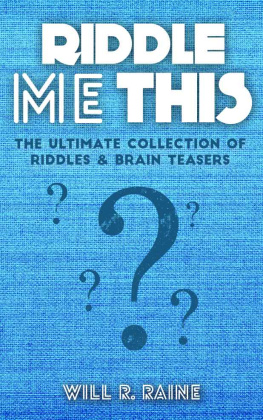
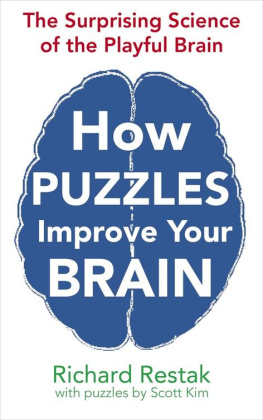








 answers on
answers on